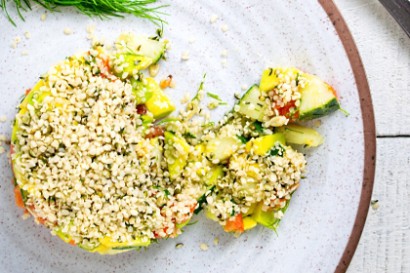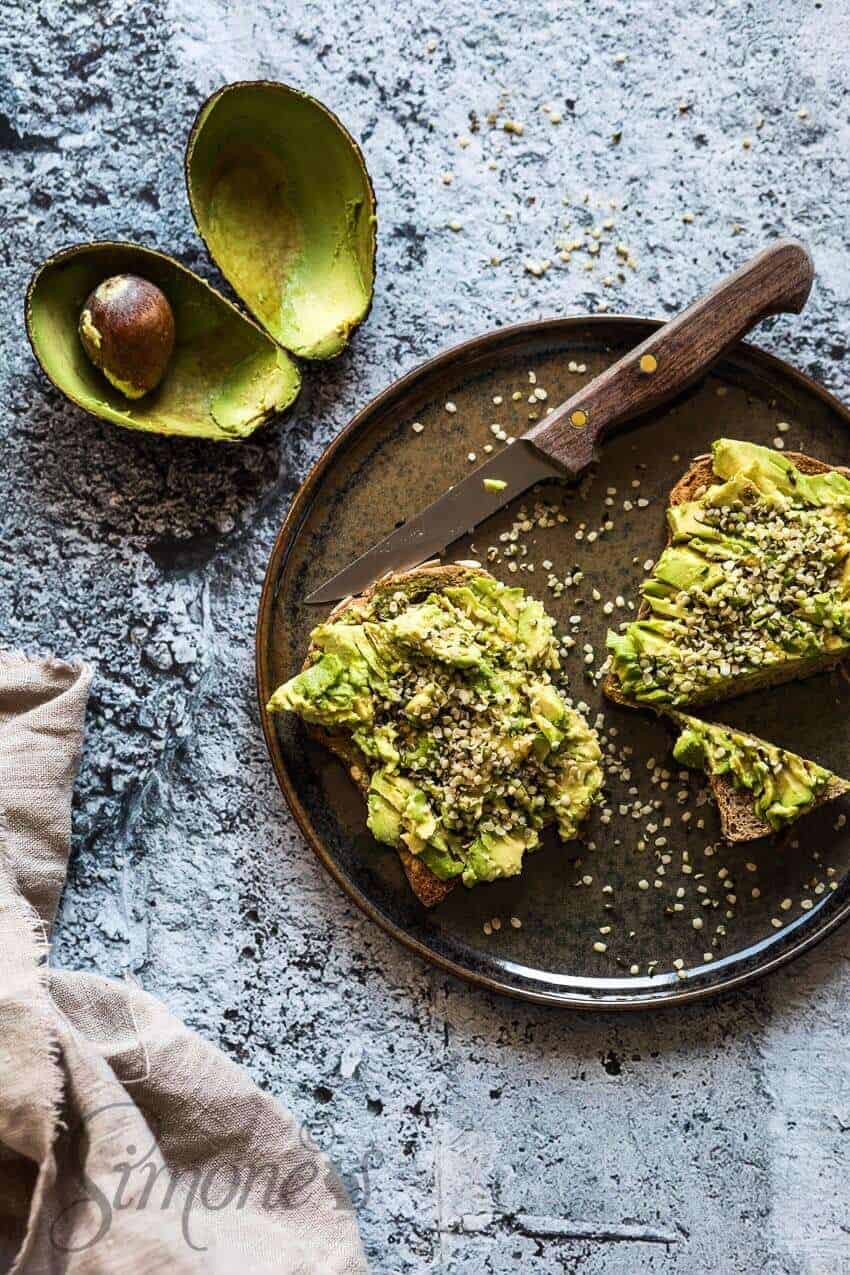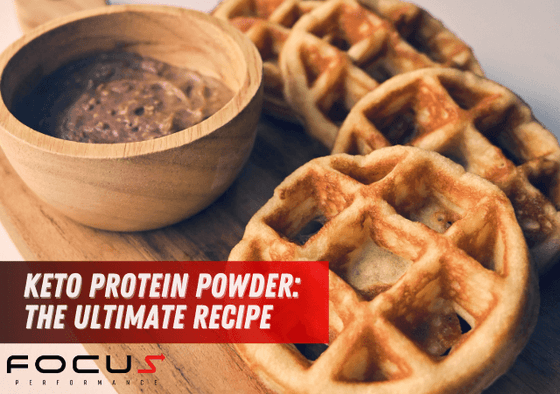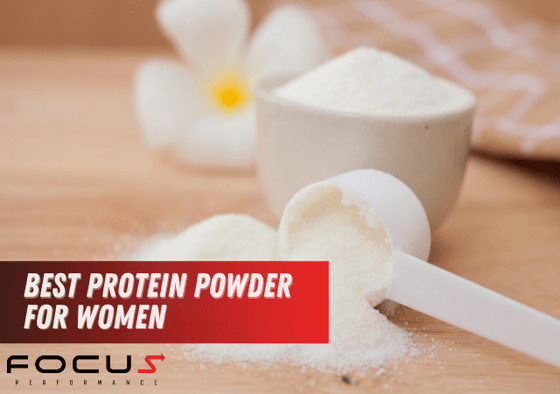
Hemp has a notorious reputation primarily because of its close ties with marijuana. Although hemp and marijuana are types of cannabis plants, there are several key differences between the two.
The marijuana plant has leaves that contain high tetrahydrocannabinol (THC) content. THC is the main psychoactive compound derived from cannabis which causes the euphoric “high” when consumed.
On the other hand, hemp is low in THC and is often incorporated for industrial use. Hemp is usually grown for its fibres but can also be consumed for various reasons.
Quality hemp plants usually have a THC level of 0.3% or less. This amount of THC is not noticeable and does not cause psychoactive effects when consumed. Meanwhile, marijuana plants can have a THC amount as high as 30% in total.

As mentioned earlier, hemp is often used for industrial purposes yet it also can have nutritional applications. In fact, researchers found that hemp had been used during the Middle Ages primarily as a food source.
Furthermore, the by-products of the hemp plant offer significant nutritional benefits that could make it a worthwhile addition to any diet.

The seeds of hemp are often its main source of nutrition. People can now purchase hemp seeds shelled or in plain form. Hemp seeds that still have their shells on have a crunchy texture, while shelled ones have been found to provide a better taste.
Hemp seeds contain high levels of omega-3 and omega-6 fatty acids. These two are compounds that can benefit cardiovascular health.
One of the most trending topics concerning hemp has to do with the protein content in its seeds. In a 2010 study, researchers learned that hemp seeds are capable of providing protein equivalent to or greater than certain nuts, pulses, and grains.

Hemp protein has become so popular that some companies have started producing a variety of related health supplements for athletes.
Now that we’ve discussed some of the benefits of hemp, it’s time to look at the possible nutritional benefits one can obtain from it.
Below are the 10 health benefits of hemp that you can get by adding this to your diet.
We’ve already tackled the fibre and protein content of hemp seeds. Fibre is essential as it helps improve digestive health. One study found that individuals with a high intake of dietary fibre had significantly less chances of developing stroke, high blood pressure, heart disease, diabetes, obesity, and gastrointestinal diseases.
Meanwhile, protein is essential for the body so it can produce the necessary hormones and enzymes to function optimally. The macronutrient is required by nearly every cell in the body. Protein contributes to developing healthy muscles, bones, skin, blood, and cartilage.

As mentioned earlier, hemp seeds are rich in healthy fatty acids that are known to boost the immune system, enhance cellular health, and prevent a wide range of health issues. There are only a few plants, seeds, or nuts that can compete with the levels of omega-3 and omega-6 fatty acids found in hemp.
There are also other nutrition to be had from hemp seeds, such as potassium, vitamin E, iron, and calcium.
The many essential nutrients that can be obtained from hemp are beneficial to the body. These benefits mean that the nutritional value provided can help prevent a range of health conditions. One of the most significant health problems nowadays is heart disease.

The World Health Organization (WHO) released a study in 2019 that showed cardiovascular disease to be the primary cause of death worldwide. This disease is a major killer, being mainly responsible for 16% of the world’s total deaths.
The nutrition provided by hemp seeds – particularly with omega-3 and omega-6 fatty acids – benefit the heart by reducing cardiovascular problems. Fatty acids are known to enhance blood flow and arterial function while lowering heart rate and keeping it stable.
The heart isn’t the only essential part of the body that could benefit from a diet involving hemp. Scientists were able to prove that consuming omega-3 fatty acids are good for the brain and mental well-being.

The simple explanation for this is because the brain, along with the cerebral cortex, is made of DHA, one of two main omega-3 fatty acids. DHA helps improve everything from one’s memory to creativity and even language. Consuming hemp seeds can keep DHA levels in the brain high due to its omega-3 fatty acid content.
Adults who have high DHA levels could potentially prevent the development of Alzheimer’s disease, dementia, and other mental disorders. Older individuals may want to give hemp a try to leverage the health benefits of omega-3 fatty acids.
As you can see, hemp seeds can be worthwhile to include in any diet because of their ability to prevent numerous health conditions. Yet there are also shorter-term benefits in consuming hemp.
The omega fatty acids in hemp seeds can reinforce cells in the body to help them fight viruses and germs. This process results in a stronger immune system, allowing individuals to fight off a cold or flu better.
Due to the high levels of fibre in hemp, it naturally provides benefits to the digestive system. One of the short-term benefits a diet rich in fibre can do is to prevent constipation and prevent stomach aches.

The insoluble fibre present in hemp seeds – especially those that still have their shells – can help keep the digestive tract clear and clean. People who disregard their gastrointestinal tract are more prone to developing health issues, such as diabetes and colon cancer.
For people who wish to reduce weight, hemp can provide benefits to help with weight. Consuming hemp seeds can satisfy the appetite better than carbohydrates and saturated fats. This results in a person having to eat less since they don’t feel hungry as fast right after eating.
Due to its amazing satiety, hemp seeds can be added to almost any diet.
The omega fatty acids present in hemp seeds or hemp seed oil have been shown to improve skin health. Individuals suffering from skin conditions like dermatitis or eczema could find relief by eating hemp seeds.
Even for people who don’t have a skin condition, hemp seeds may be an ideal way to address itchy skin and acne.
Besides its dietary benefits, hemp could also be consumed for its ability to help with premenstrual (PMS) symptoms. In a 2017 study, women who were given omega-3 supplements experienced reduced PMS symptoms and even improved their quality of life.
Meanwhile, another study showed that women with dysmenorrhea had less pain after taking omega-6 supplements. Researchers even suggested that, since these supplements had no known side effects, supplementation with these nutrients should be allowed as an alternative treatment.
Besides the ability to soothe and moisturise the skin, hemp oil could provide users with anti-aging benefits. Hemp seed oil has several positive effects on the skin that it could alleviate skin problems, especially those related to aging (https://pubmed.ncbi.nlm.nih.gov/16130045/).

Hemp oil contains oleic and linoleic acids that may play an important role in anti-aging and skin health. Since the body does not produce these acids, consuming hemp can provide you with these essential nutrients to have good skin.
Having high levels of cholesterol can increase one’s risk of stroke, heart attack, and other health conditions. Due to the fatty acids and polyunsaturated fats present in hemp, consuming the plant can help lower cholesterol in the body overall.
It is clear to see that hemp is very nutritious and beneficial to the body. Whether you wish to lose weight, improve digestive function, or enhance your immunity, hemp is definitely a worthwhile addition to the daily diet.
Now that you know the health benefits of the hemp plant, it’s time to look at how you can add its seeds to your everyday diet.
Salads are great to have for a healthy lifestyle. An excellent way to make salads even healthier is by adding some hemp seeds into them.

Whether you prefer to have kale, spinach, or baby greens, tossing some hemp seeds in this mix can add some additional fibre, protein, and essential nutrients to any salad.
Nothing beats a nice smoothie. Smoothies are quick and easy drinks that can provide you with the nutrients your body needs to stay healthy.

Mixing hemp seeds to an already prepared smoothie can give it an extra boost to nutrients.
For those of you who love baking, you can always add hemp seeds to your goodies for their health benefits. These seeds can be easily mixed into muffins, bread, cake, cookies, and even breakfast bars.
Hemp seeds can give any baked treat a nutty and healthy twist.
Do you enjoy avocado toast in the morning? If you want to bring it to the next level, add some hemp seeds on top of it.

Besides the additional health benefits, these seeds can give your toast a nutty crunch that can make a regular avocado toast more interesting. If you don’t do avocado toast, you can always add hemp seeds on top of your banana or almond butter toast instead.
People who eat cereal in the morning or as a midnight snack can add a tablespoon of hemp seeds to their bowl for additional nutrients. Simply place your cereal in a bowl, sprinkle some hemp seeds, and add your favourite milk and you’re done.
This is a very easy solution to get the nutritional value you need to fuel your morning. If you’re not a fan of cereal, you can always add your hemp seeds to any plant or dairy-based yogurt instead.
Hemp seeds can be added to any meal to make it better. Consider adding hemp seeds that have been lightly sautéed in a stir fry. You can also mix hemp seeds in your favourite soups or sauces.
If you simply want to eat hemp seeds directly, consuming them raw is one of the easiest ways to have it. Although not everyone likes eating hemp seeds raw, it is one of the quickest methods of serving its nutrients to your body when you feel hungry.
You can even add hemp seeds to dried berries or nuts for a healthy snack mix.
Before you go ahead and add hemp seeds to your diet, there are some things you need to be aware of in terms of potential side effects.
The first thing is that consuming hemp seeds can increase polyunsaturated fat intake. This type of fat may be good for the body, but it could lead to experiencing mild diarrhoea. People who aren’t used to this fat have a higher risk.
In most instances, people can avoid these side effects by consuming small amounts of hemp seeds when starting out. You can then decide to increase this gradually over time until your body gets used to it.
Another potential side effect of eating hemp seeds relates to the THC content present in cannabis plants. Although hemp seeds may not have enough THC to cause a high, trace levels of the compound can still show up in the body. People who are required to take a drug test for any reason may want to avoid consuming hemp seeds for now.
The good news is that the possible side effects of hemp seed consumption tend to be minor. The numerous health benefits that hemp seeds provide should be more than enough to overshadow these small drawbacks.
Despite the benefits we’ve learned about protein powders, not all of them are keto-friendly. Just like any product for people on a low-carb diet, you need to read the label closely to make sure you’re not consuming added carbs and sugars.


Scott Reid
Author
Scott Reid is a 2 x Britain’s Strongest Man U105kg winner (2007 & 2008) and IFSA World's Strongest Man U105kg Competitor. He is an expert in strength and conditioning and also coaches functional nutrition. Scott’s passion for understanding the human body and how to optimise every aspect of it has driven him to study under legends such as Paul Chek. Scott now coaches MMA Athletes, Strongmen and Bodybuilders to name but a few, helping them to implement a well structured diet and become more powerful, explosive versions of themselves.